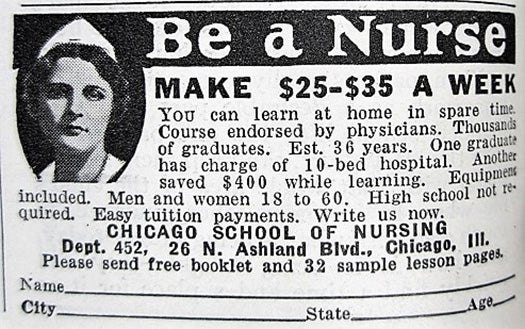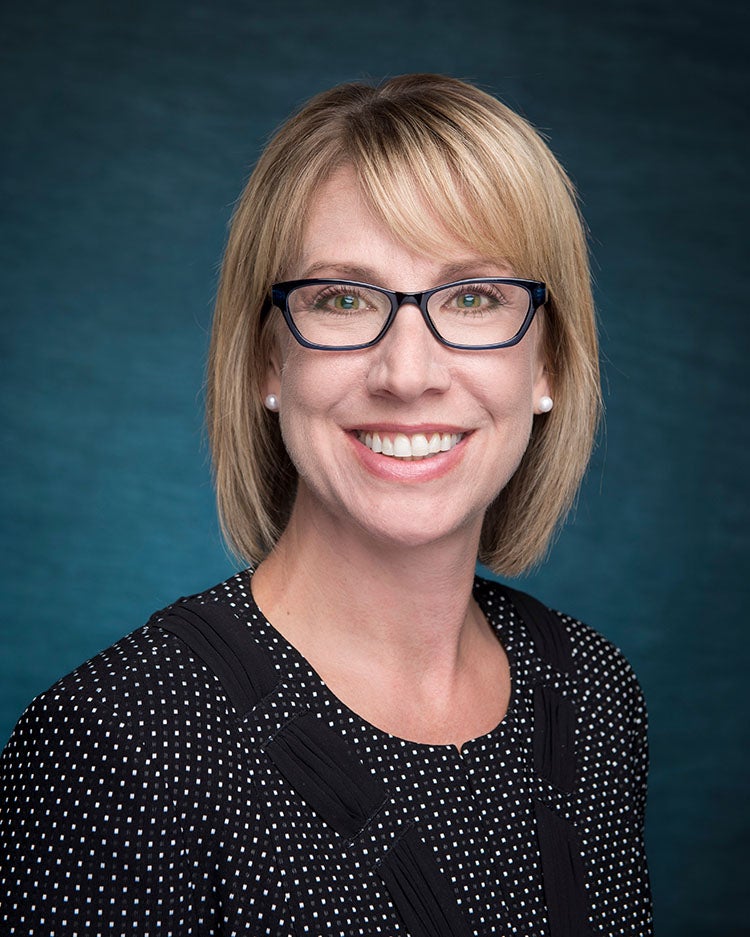MNHRC Fall Event: Early 20th century nursing correspondence courses
October 27, 2020
12:00 PM - 1:00 PM

April D. Matthias, PhD, RN, CNE, will present, "Early 20th century nursing correspondence courses: Claiming space within the history of nursing education."
This event is hosted by the Midwest Nursing History Research Center.
Opposition to the early 20th century correspondence courses for nursing has resulted in negative, if any, mention in nursing history narratives. Correspondence courses challenged organized nursing's efforts to standardize nursing education. To date, analysis of these correspondence courses has not occurred or been disseminated. Without such rigorous analysis, the value, or the place and space for correspondence courses within nursing education’s history, remain unclear. This presentation describes the quality elements of the curriculum, and perspectives and experiences of the students, within the early 20th century context of nursing education and practice. The findings of this analysis demonstrate the import of correspondence courses within the history of nursing education.
Zoom link will be provided upon registration.
Date posted
Oct 2, 2020
Date updated
Oct 31, 2022
Speakers
